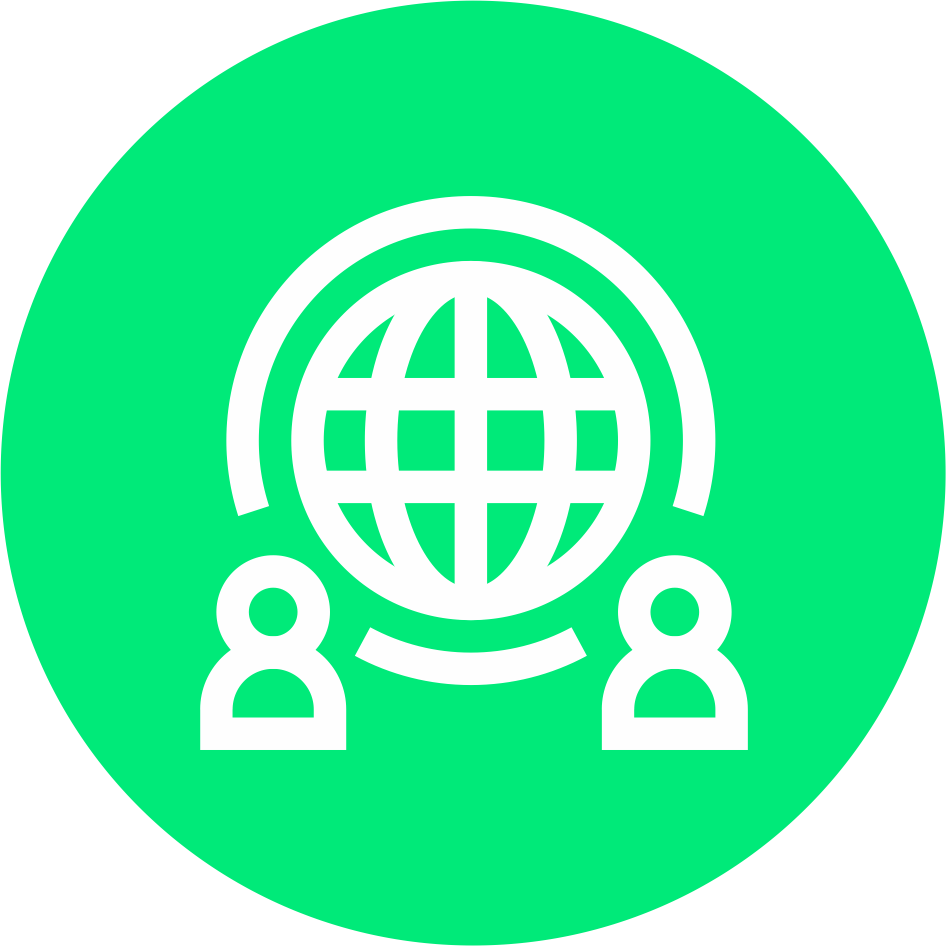Quality Assurance Inspection
Quality Control Inspections!
Get quotes for Quality Control Inspections and meet the highest possible standards!
Build your Quality Control Processes of a 3rd Party Quality Control Inspection Report!
An effective quality control inspection is essential for any company that manufactures products or provides services. This meticulous process ensures the highest possible standards are met, and as a customer, you are sure to receive exactly what you expect from a product or service - nothing less! Visual inspections, measurements testing and sampling procedures work together to uncover potential defects which could have an impact on the final output of goods/services. With every successful oversight consideration put in place by these processes, you can rest assured your reputation remains steady with each satisfied customer.

Why is it important to conduct a quality control inspection?
Quality control inspections are at the very core of any successful manufacturing or production venture. These assessments help safeguard your processes, ensuring each product meets top-notch standards, specifications and requisites - ultimately protecting against costly rework and recalls from occurring in the future. Additionally, these detailed exams can result in lasting customer satisfaction: through superior quality assurance comes greater trust that their needs will be met with dependable consistency both now and for years to come! Altogether, embracing a vigilant approach towards QC is paramount not only for maintaining exceptional measures of excellence but also for reducing overhead costs while building meaningful relationships based on mutual reliability over time.
There are several reasons why, you as a business, would need a reliable inspector to conduct quality control inspections for you:
Quality assurance inspections are essential for businesses looking to deliver superior products and services.
Our network of third party inspectors provides an impartial assessment, eliminating any bias that may arise from staff being too close to the product or service. This objective feedback ensures that any issues or defects get addressed before launch, ensuring customers receive only top-quality goods and services every time!
Time is money! By relying on our registered inspectors skills, you can maximize your resources and devote more time to fundamental operations. Our experienced third-party inspector will ensure your products meet the highest standards while freeing up in-house personnel who otherwise would have been tied down by this arduous process.Staying ahead in the ever-changing market is key to business success. By letting us connect you with a reliable inspector, you can identify areas for improvement and get tailored recommendations on how best to enhance your product or service quality so you stay competitive and keep up with customer needs.
Quality control inspections can be a valuable tool for you as a business owner as you strive to meet regulatory and standard requirements. Especially in industries such as food, pharmaceuticals and more where regulations are strictly enforced. Non-compliance with these laws may have severe penalties including fines or damage to reputation - making it essential that you remain compliant without fail. By relying on us, we assure that compliance is met with greater ease, eliminating the worry of falling short on legal obligations set forth by authorities!
Here are the key steps involved in quality control inspections:
Planning: The inspection process begins with careful planning. This includes defining the objectives of the inspection, determining the appropriate sampling method, and establishing the criteria and standards against which the product or service will be evaluated.
Preparing Inspection Procedures: Inspection procedures are developed to guide the inspectors in conducting the inspection. These procedures outline the specific methods, techniques, and tools to be used during the inspection process.
Sampling: In most cases, it is not feasible to inspect every single unit of a product or evaluate every aspect of a service. Instead, a representative sample is selected for inspection. The sampling process should be random or statistically controlled to ensure that the sample is truly representative of the entire lot or batch.
Inspection Execution: During the inspection, trained inspectors follow the predetermined procedures and guidelines to examine the product or service. They use various tools, instruments, and techniques to measure, test, and assess different aspects of quality, such as dimensions, functionality, appearance, performance, safety, and adherence to specifications.
Defect Identification: Inspectors carefully scrutinize the product or service for any defects or non-conformities. They compare the observed characteristics with the predetermined standards and specifications. Any deviations, flaws, or abnormalities are documented and recorded for further analysis.
Defect Classification: Identified defects are classified based on their severity and impact on the quality of the product or service. This classification helps prioritize the corrective actions required to address the issues effectively.
Corrective Actions: Once defects are identified and classified, appropriate corrective actions are taken to rectify the issues. This may involve repairing or reworking the product, adjusting manufacturing processes, or implementing corrective measures to improve the service delivery.
Documentation: Accurate and detailed documentation is crucial throughout the inspection process. Inspectors record their findings, including defects, measurements, test results, observations, and any other relevant information. This documentation serves as a reference for future analysis, comparison, and improvement initiatives.
Reporting: Inspection reports are prepared to communicate the results to relevant stakeholders. These reports summarize the inspection findings, including the overall quality assessment, identified defects, classification, corrective actions taken, and any recommendations for process improvement or quality enhancement.
Follow-up and Verification: After the corrective actions have been implemented, follow-up inspections may be conducted to verify the effectiveness of the measures taken. This helps ensure that the identified defects have been addressed, and the quality standards have been met.
Why Choose Us
Global network of qualified inspectors
Only professional outfits are registered on our platform. Vetted and screened, so you don't get any nasty surprises when selecting your quality control provider!

Remote (Guided) inspections
Our inspectors are capable of receiving remote instruction, and guidance during specialized inspections. Ensuring that we meet required specifications.

You control the timeline
You have control over the timeline including the quote deadline, the inspection date and the date of the report. Allowing your inspections to seamlessly integrate into your logistics.





